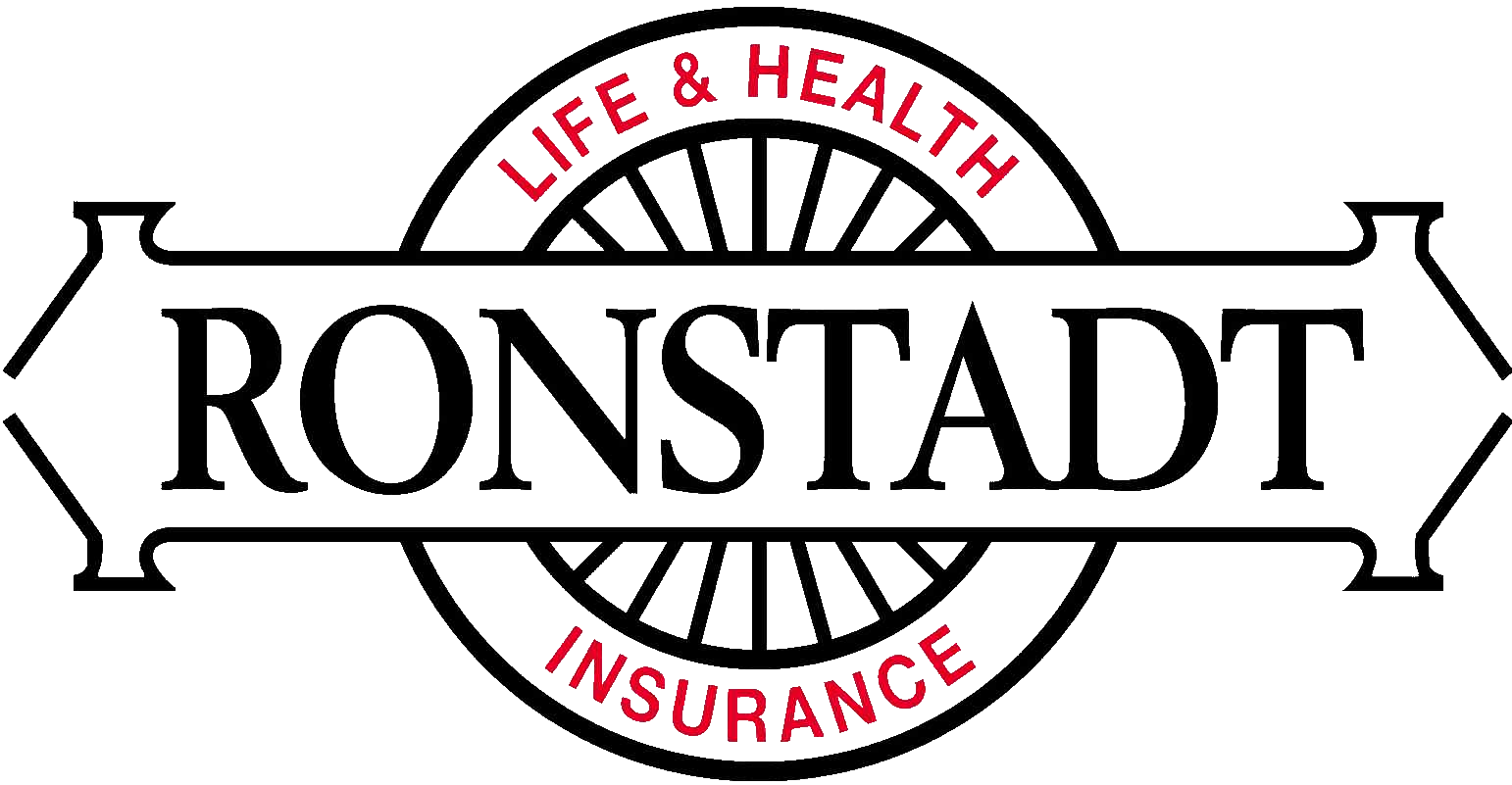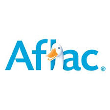June 10, 2025
Arkansas just passed House Bill 1150, making it illegal for Pharmacy Benefit Managers (PBMs) to own or hold permits for retail pharmacies in the state—starting January 1, 2026.
The law aims to eliminate conflicts of interest (think: “fox guarding the henhouse”) by stopping PBMs from controlling both drug pricing and pharmacy operations.
🧾 Key Points:
- PBMs and affiliates can’t hold pharmacy permits (including mail-order).
- Permits will be revoked or not renewed after Jan 1, 2026.
- Exceptions include:
- Temporary 90-day permits for rare drugs (sunsets Sept 1, 2027)
- Extensions for critical services if the pharmacy is being sold
- In-house pharmacies serving only a company’s employees
(more…)
June 6, 2025
Most people should start colorectal cancer screening with a colonoscopy at age 45. For those at higher risk, earlier screening may be necessary. Colonoscopies are highly effective — they help detect cancer early and can even prevent it by identifying and removing precancerous polyps. But at what age should you stop?
There’s no one-size-fits-all answer. While 75 was previously considered the age to stop routine screening, new research suggests that healthy adults between 75 and 85 may still benefit. In fact, studies show that colonoscopies can reduce cancer risk and death even in older adults — as long as they are in good overall health.
That said, colonoscopies are medical procedures that come with risks, especially for older adults. These can include bleeding, infection, colon perforation, and complications from anesthesia. Preparation for the procedure can also cause dehydration or electrolyte imbalances, which may be more dangerous as you age.
(more…)

















